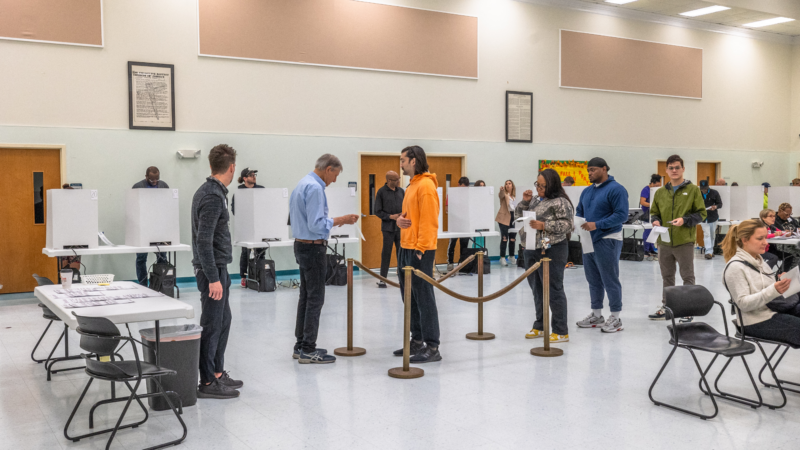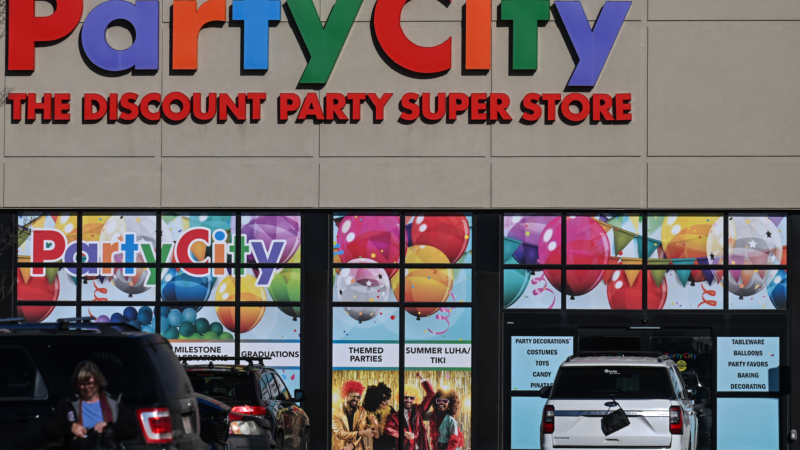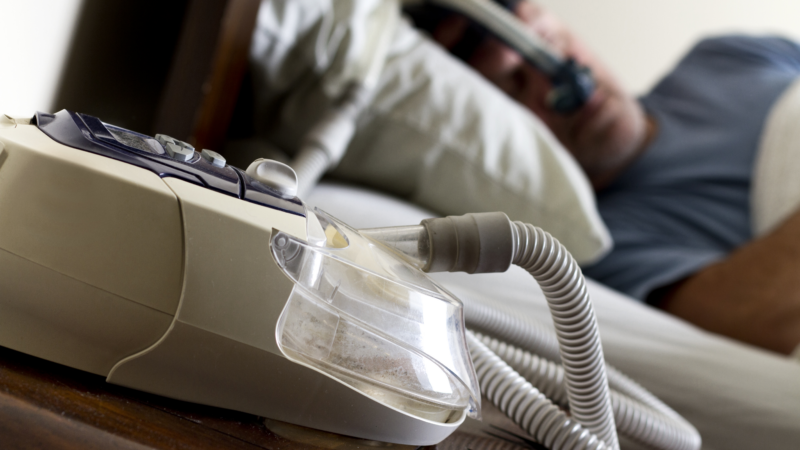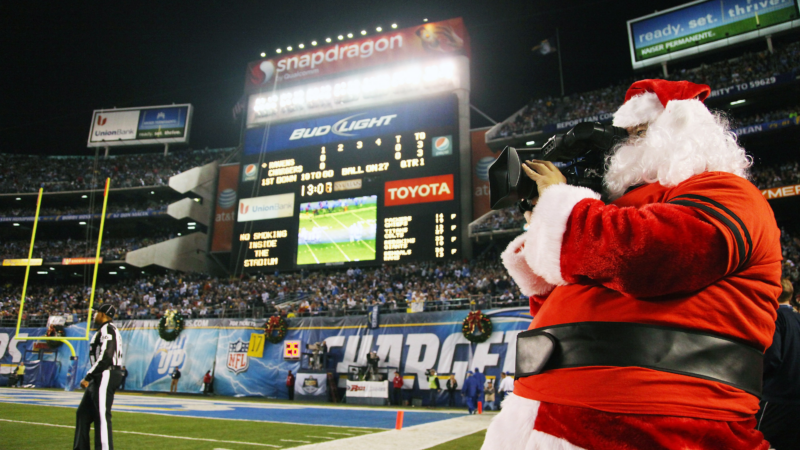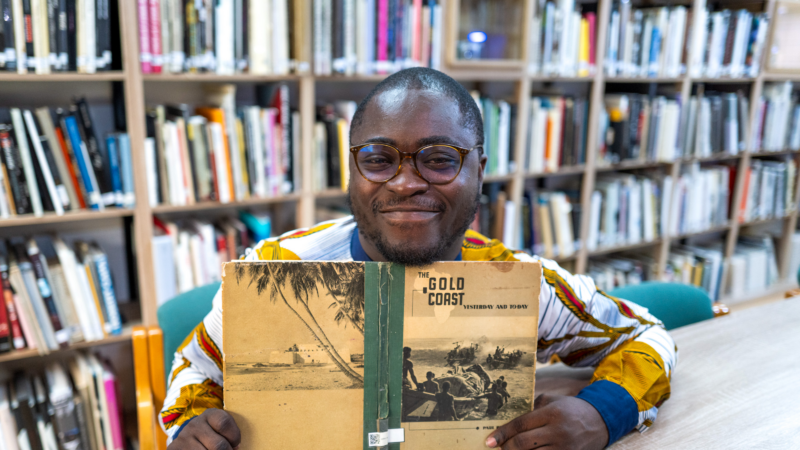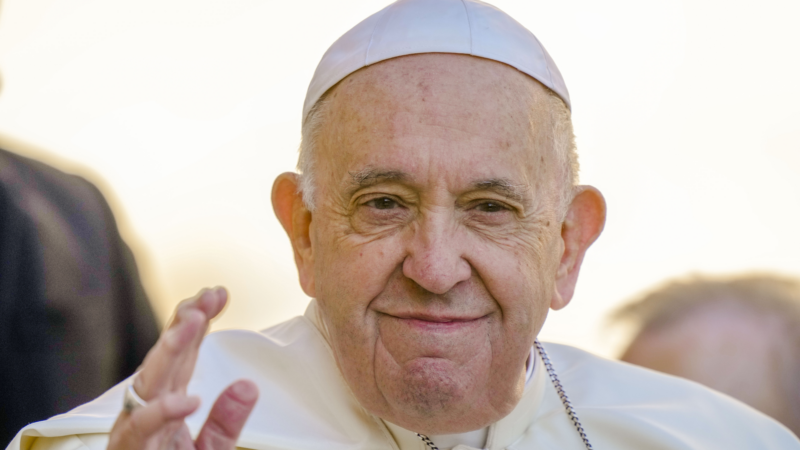North Carolina’s voter ID law just got its first big test
CHARLOTTE, N.C. — For more than a decade, North Carolina has been home to a bitter back-and-forth over whether voters must show identification to cast a ballot in the swing state.
The requirement finally got its first major test in last month’s presidential election.
Overall, just a tiny fraction of people had their ballots rejected.
But critics say voter ID is still a solution in search of a problem, and they note that Black voters were more likely to have their ballots rejected than white voters.
Kelle Pressley of Charlotte was one of the voters nearly affected.
Pressley is a consistent voter, having cast a ballot 29 times since 2008, counting primaries and general elections. But when she came to vote on Election Day last month, she realized she didn’t have her ID.
“I change bags often, and I was thinking I had it on me, but I didn’t,” she said. “I still haven’t found it.”
Pressley said there was confusion at her precinct about her options.
She said poll workers urged her to go home and find her ID, instead of having her cast a provisional ballot and fill out an ID exception form, which allows voters to list a reason why they don’t have an ID. The reasons range from a voter lacking transportation to them losing their ID.
Pressley went home and called a voter protection hotline. She then came back to her precinct an hour before polls closed. She said this time poll workers allowed her to fill out the exception form and cast a provisional ballot. Her vote ultimately counted.
“Someone else would have … been like, ‘Forget about it, I’m not voting,’ ” she said. “‘Que sera sera, whatever will be will be.’ “
Only a fraction of votes rejected
Pressley was one of nearly 6,900 North Carolinians who came to vote without photo ID. Out of more than 5.7 million voters, that’s about one in every 830 voters who cast ballots.
Most of those people were able to cast a provisional ballot. County elections boards counted most of them and, in the end, just 1,670 people had their ballots rejected because they didn’t have ID. The rejection rate was one in every 3,400 voters.
But attorney Kathleen Roblez with the group Forward Justice, which has a pending lawsuit over the voter ID law, said that’s still too many people, considering in-person voter fraud has been found to be almost nonexistent.
And she said more people were probably impacted this year than show up in state data.
“So you really have no idea how many people saw all of the information about ID and said, ‘I can’t vote,’ ” Roblez said.
A long fight that’s still not over
Voter ID is required in 36 states, including the swing states of Georgia, Arizona and Wisconsin.
North Carolina’s fight over ID rules has lasted more than a decade.
Two years after Republicans gained control of the state legislature in 2011, GOP lawmakers passed a strict photo ID law.
The 4th Circuit Court of Appeals in 2016 overturned the law, ruling that Republican legislators targeted Black voters with “almost surgical precision.”
In 2018, lawmakers tried again. They placed a constitutional amendment on the ballot requiring photo ID. It was approved with 55% of the vote. It also had support from some Black lawmakers.
The legislature then passed a law to implement the amendment. The second photo ID law was more lenient than the 2013 version, allowing voters to use multiple IDs and to get a free ID from their county elections board. It also allowed people to cast provisional ballots so long as they list a reason for not having identification.
Six voters sued over the new law, along with the NAACP. In 2021, North Carolina judges struck down the law, saying it again discriminated against Black voters.
Allison Riggs, who is now on the state Supreme Court, was an attorney for the plaintiffs. She said that ruling shows “how the state’s Republican-controlled legislature undeniably implemented this legislation to maintain its power by targeting voters of color.”
But in 2023, the state Supreme Court — with a new Republican majority — said that photo ID could proceed. The requirement was in place for municipal elections that fall, and in the March 2024 primary. The November general election was photo ID’s first major test.
A small fraction of people had ballots rejected.
But there was a racial disparity. Black voters had 30% of the rejected ballots, despite being about 20% of the electorate.
“Black North Carolinians statistically lack the kind of IDs that would be approved,” Roblez said. “And they are also statistically more likely to have a hard time getting the other ID.”
Andy Jackson, with the conservative John Locke Foundation, said it’s important to note that the number of rejected ballots for each racial group was small. For Black voters, 502 people had their ballots rejected, compared with 622 white voters.
He said there will always be disparities among groups in any requirement.
“I don’t know if anyone ever expects any statistic to be exactly the same,” he said.
Changes coming?
Some North Carolina Republicans have questioned whether the state’s voter ID exception form undermines the purpose of the law.
But Jackson said he believes most Republicans want to move on.
“I don’t know how strict they want to go because I don’t know if they have an appetite for another lawsuit,” he said.
On Monday, GOP lawmakers advanced a new measure that would codify in the state constitution that photo ID is needed for voting by mail as well.
Photo ID wouldn’t have materially affected the state’s presidential race this year, which Donald Trump won by 183,000 votes.
But some contests were much closer, like a state Supreme Court race, where Riggs, a Democrat, went into a recount against her Republican opponent up by just 722 votes.
Transcript:
AILSA CHANG, HOST:
For more than a decade, North Carolina has seen a partisan back-and-forth over voter ID rules. The requirement finally got its first major test in the presidential election. A tiny fraction of people had their ballots rejected, though critics note that Black voters were more likely to have their ballots not counted. Steve Harrison from member station WFAE in Charlotte has this report.
STEVE HARRISON, BYLINE: Counting primaries and local elections, Kelle Pressley of Charlotte has voted 29 times since 2008. But when she came to vote on last month’s election day, she didn’t have her ID.
KELLE PRESSLEY: I change bags often, and I was thinking I had it on me, and I didn’t. I still haven’t found it.
HARRISON: Pressley says there was confusion at her precinct about her options. After calling a voter protection hotline, she ended up filling out a photo ID exception form, where she checked a box that said she had lost her license. Her ballot ultimately counted.
PRESSLEY: Someone else would have taken the road less traveled and – most traveled and been like, forget about it. I’m not voting. You know, que sera sera. Whatever will be will be. I’ll leave it in fate.
HARRISON: Pressley was one of nearly 6,900 North Carolinians who came to vote without photo ID. Most of those people were able to cast a provisional ballot, and in the end, just 1,670 people had their ballots rejected out of more than 5.7 million voters. But attorney Kathleen Roblez with the group Forward Justice, which has a pending lawsuit over voter ID, says that’s still too many people, considering in-person voter fraud has been found to be almost nonexistent. And she says more people were probably impacted this year.
KATHLEEN ROBLEZ: So you really have no idea how many people saw all of the information about ID and said, you know, I can’t vote.
HARRISON: The bitter fight over voter ID in North Carolina goes back a decade. After North Carolina Republicans first enacted photo ID in 2013, an appeals court in 2016 ruled that GOP lawmakers targeted Black voters with almost surgical precision. The current law is more lenient in that it allows multiple IDs and it lets people cast provisional ballots so long as they list a reason for not having identification. But in this year’s election, Black voters made up 30% of the rejected ballots despite being about 20% of the electorate. Here’s Roblez again.
ROBLEZ: Black North Carolinians statistically lack the kind of IDs that would be approved, and they are also statistically more likely to have a hard time getting the other ID.
HARRISON: But while there was a disparity, the actual number of Black voters whose ballots didn’t count was arguably small at 502 rejected ballots. Andy Jackson with the conservative John Locke Foundation says there will always be differences among racial groups and political parties in any requirement.
ANDY JACKSON: And I don’t know if anybody ever expects any statistic to be exactly the same.
HARRISON: Some GOP lawmakers have said the use of the photo ID exception form makes the law toothless, and some Republicans have floated the idea of closing that loophole. But Jackson says most Republicans want to move on after 10 years of fighting.
JACKSON: I don’t know how strict they want to go just because I’m not sure what appetite they have for, you know, another lawsuit.
HARRISON: Photo ID didn’t impact this year’s presidential race, which Donald Trump won by 183,000 votes. But some races are much closer, like a state Supreme Court race where a Democrat went into a recount up by 722 votes. For NPR News, I’m Steve Harrison in Charlotte.
(SOUNDBITE OF HERMANOS GUTIERREZ’S “LOW SUN”)
Party City files for bankruptcy and plans to shutter nationwide
Party City was once unmatched in its vast selection of affordable celebration goods. But over the years, competition stacked up at Walmart, Target, Spirit Halloween, and especially Amazon.
Sudan’s biggest refugee camp was already struck with famine. Now it’s being shelled
The siege, blamed on the Rapid Support Forces, has sparked a new humanitarian catastrophe and marks an alarming turning point in the Darfur region, already overrun by violence.
FDA approves weight loss drug Zepbound to treat obstructive sleep apnea
The FDA said studies have shown that by aiding weight loss, Zepbound improves sleep apnea symptoms in some patients.
Netflix is dreaming of a glitch-free Christmas with 2 major NFL games set
It comes weeks after Netflix's attempt to broadcast live boxing between Jake Paul and Mike Tyson was rife with technical glitches.
Big dreams: He’s the founder of a leading African photobook library
Paul Ninson had an old-school, newfangled dream: a modern library devoted to photobooks showing life on the continent. He maxed out his credit cards, injured his back — and made it happen.
Opinion: The Pope wants priests to lighten up
A reflection on the comedy stylings of Pope Francis, who is telling priests to lighten up and not be so dour.
